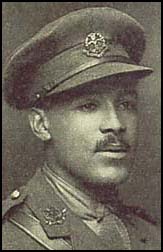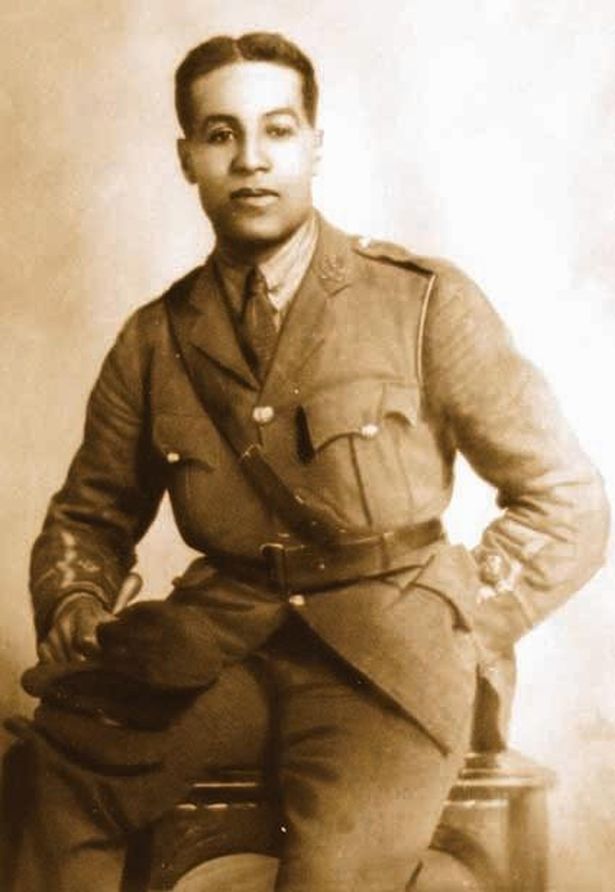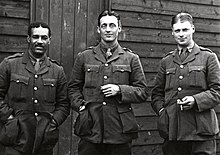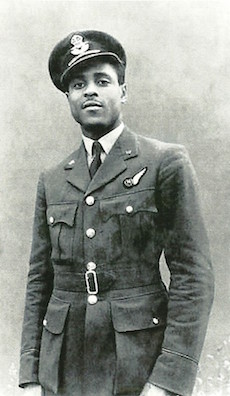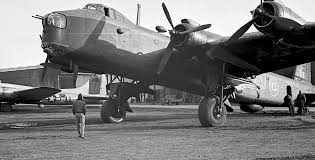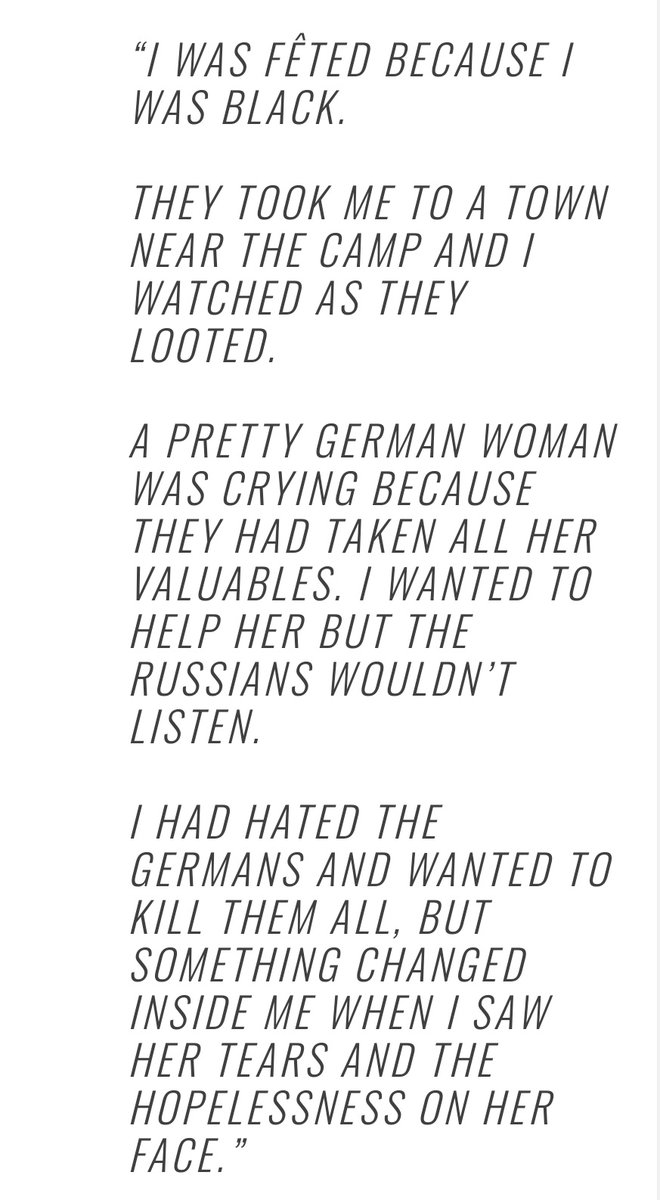It& #39;s #BlackHistoryMonth  https://abs.twimg.com/hashflags... draggable="false" alt=""> ,so you know what?
https://abs.twimg.com/hashflags... draggable="false" alt=""> ,so you know what?
31 days
31 Black Military History Threads!
31 days
31 Black Military History Threads!
Day 1: Second Lieutenant Walter Tull (1888-1918) was an Infantry Officer in the Middlesex Regiment, and one of the small cadre of non-white officers who fought in the British Army in WW1, as well as a Star Footballer before the war
Born in Kent to a Barbadian father and English Mother and orphaned by 9, his football career took off at Clapton FC, where he reportedly had "never played for a losing side". With Tottenham Hotspur he was the first mixed race player to play in Latin America during the 1909 tour
Till joined the Middlesex Regiment in December 1914,rising to the rank of Lance Sergeant and serving in the Battle of the Somme.On the 30th May 1917 he was commissioned as a Second Lieutenant, earning him the honour of being one of the first non white officers in the British Army
After his commission, Till served in Italy - He was praised for his "gallantry and coolness" by Major-General Sydney Lawford for having led 26 men on a night-raiding party. Supposedly,he was recommended for the Military Cross, but never received it.
On return to France the Regiment was caught in the chaos of the German Spring Offensive, and on the 25th March Till was killed in Action during the second battle of the Somme. His men tried three times to retrieve his body but were forced back by enemy fire.
Tull& #39;s name is one of nearly 35,000 names on the Arras Memorial to the Missing. His CO, Major Poole, said of him that he "was very cool in moments of danger and always volunteered for any enterprise that might be of service.... his courage was of a high order"
Tull is a prominent face amongst a crowd of black servicemenwho& #39;s experience is becoming more prominent in the narrative every year. Much of thread was sourced from @blackpoppies14 & #39;s fantastic Black Poppies, which (alongside his other work Under Fire) I will probably cite again
Day 2! Today we& #39;ll be talking about Pilot Officer Johnny Smythe (RAF Volunteer Reserve). Born in 1915, Smythe joined the RAF in 1940. After Navigation Training he joined No.623 Squadron in 1943.
In the 18th November he took part in a Diversionary raid over Mannheim as one of Seven Short Stirling& #39;s Assigned from the Squadron. Symthes Stirling was hit and he was forced to bale out.
Smythe landed safely and hid in a barn until he captured - his own account of this is far better than I can tell it.
Smythe was sent to Stalag Luft I. He became a member of the escape committee, even though he admitted "a 6ft4 black man wouldn& #39;t get far in Pomerania". he said of it,"We were all just prisoners together. It wasn& #39;t until I looked in the mirror that I remembered that I was black."
One day in 1945 they woke up to discover all the German guards had dissapeared. The Russians soon arrived, and he was free. He then got to see the devastation the Russians inflicted on the German population.
After the War, Smythe (along with many other Servicemen, including Trinidadian Ulric Cross) were consulted by Whitehall over whether West Indian workers who returned to their homes should be allowed to come back to the UK. He said yes, and so the Empire Windrush sailed.
Smythe trained as a Lawyer after the war and rose to become the Attorney General of Sierra Leone. In this capacity he attended a party at the British Ambassador& #39;s house, and ended up discussing his war experience with the German Ambassador, who had also been a pilot.
"When told about the date and place that Johnny was shot down, the ambassador turned pale: ‘My god Johnny, I got my first kill on that day, I shot down a British bomber.’ They put their arms around each other and were almost in tears" - quoted from Eddy Smythe
Sources https://www.museumoflondon.org.uk/discover/sierra-leone-stalag-luft-i-remembering-johnny-smythe">https://www.museumoflondon.org.uk/discover/...

 Read on Twitter
Read on Twitter